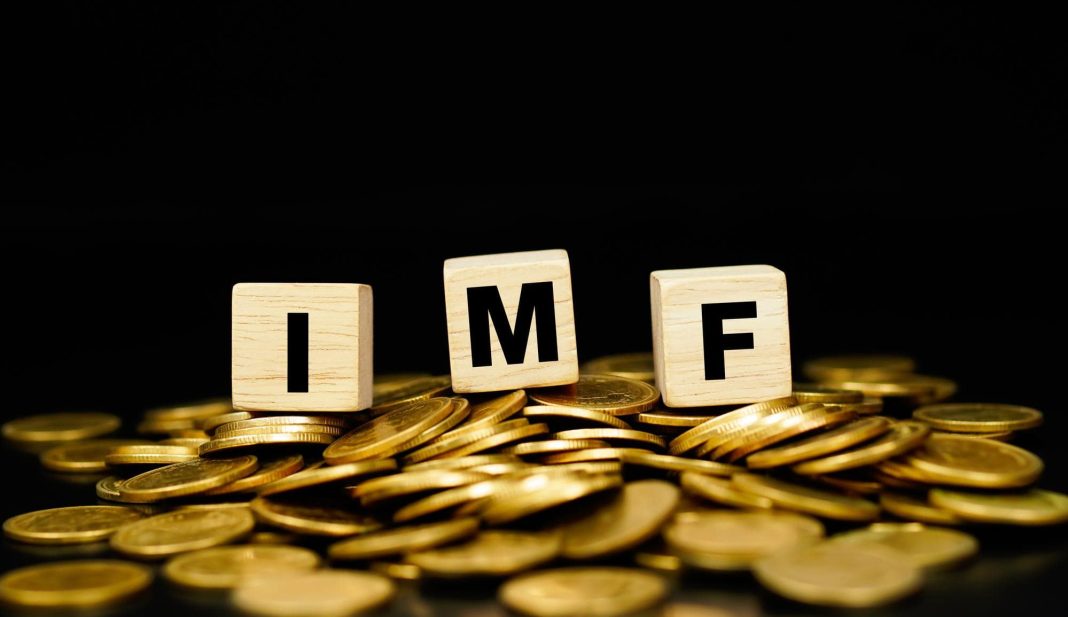The International Monetary Fund is stepping in with some strong advice for Kenya, as it’s time to update those outdated crypto regulations.
In a new report, the IMF emphasized the need for a clear and predictable regulatory environment to protect consumers and tackle risks related to money laundering and terrorism financing.
Law and order
On January 8, the IMF released a technical assistance report on Kenya’s crypto regulations after the Capital Markets Authority requested help, and the IMF pointed out that Kenya is still relying on old regulations that don’t hold much weight in the crypto world, leading to a rise in scams and other shady activities.
During their visit to Nairobi, IMF staff noticed a lot of confusion among Kenyan lawmakers about how to regulate crypto assets.
To fix this, they recommended that Kenya develop a regulatory framework that aligns with international standards.
“This framework should consider the unique challenges and opportunities within Kenya’s crypto market, ensuring it is robust, transparent, and capable of fostering innovation while protecting consumers.”
Why don’t copy an existing one?
The IMF laid out some short-term recommendations for the next six to twelve months, like conducting research, improving collaboration among regulatory bodies, and clarifying what regulations apply.
For the longer haul, 12-24 months, they suggested implementing a solid legal framework and aligning Kenya’s regulations with global standards.
Additionally, they advised Kenyan authorities to dig deeper than just surveys to analyze the local crypto market.
It’s important that they clearly define crypto assets in financial laws without mixing up terms like digital currency and virtual asset to avoid confusion.
Globalization
The IMF also stressed the importance of engaging with international regulators to manage risks posed by global exchanges operating in Kenya.
This cross-border cooperation is essential for effective enforcement, and they suggests that aligning the country’s crypto laws with global standards is not just a suggestion, it’s likely a necessity.


